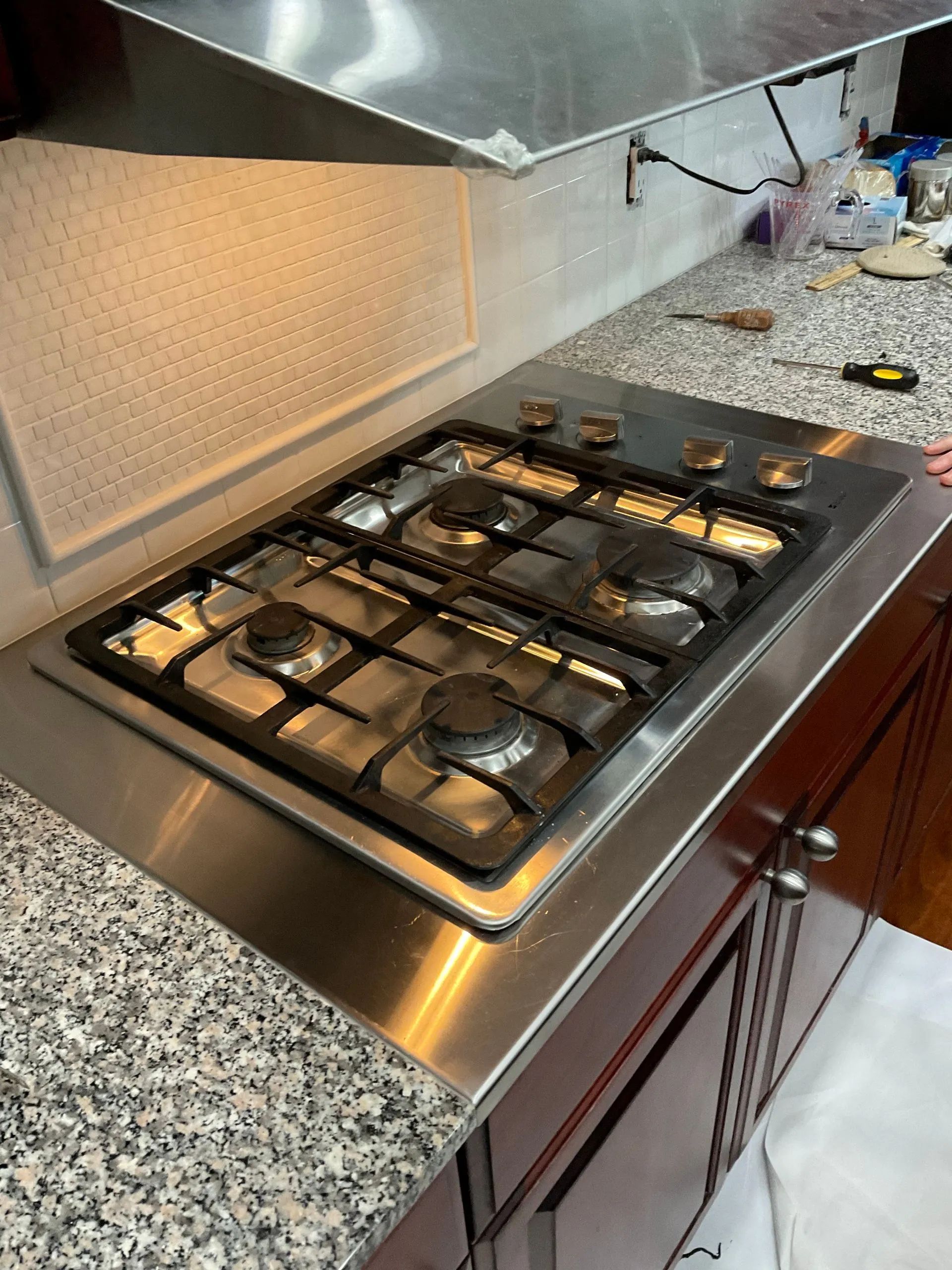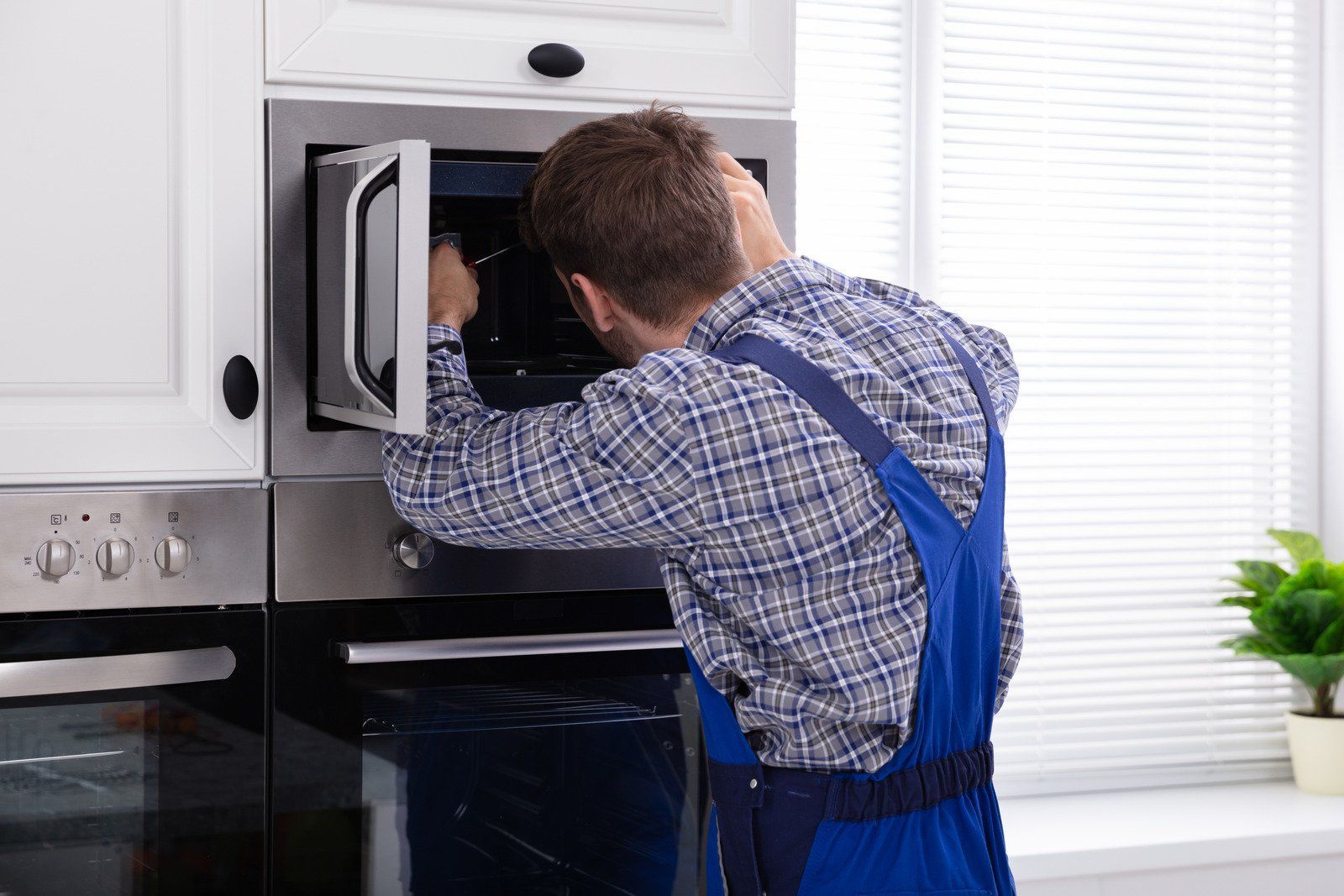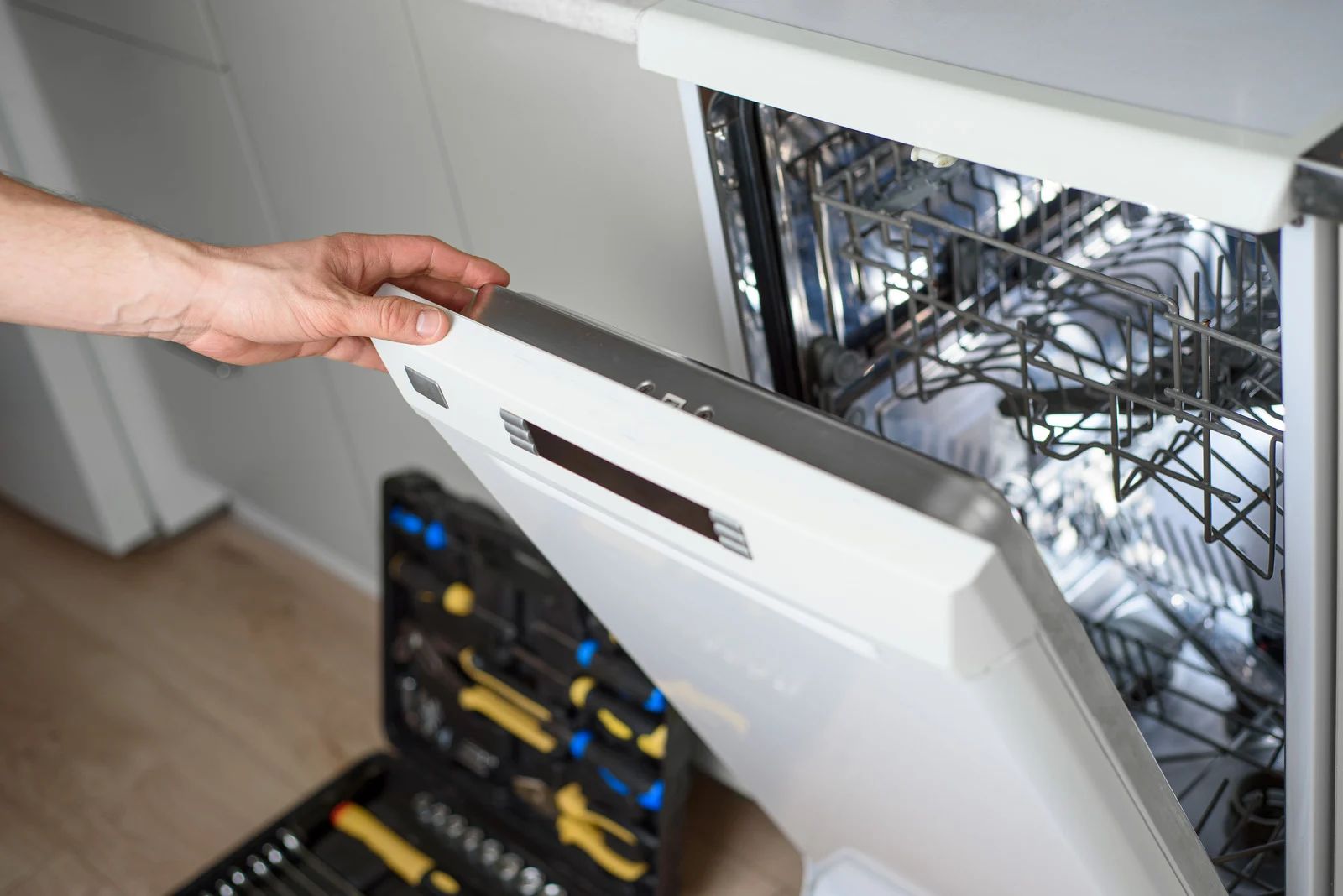Is Your Oven or Stove Not Heating Properly? Common Repair Fixes
A kitchen appliance that doesn’t heat properly can turn simple cooking into a frustrating experience. Whether your oven isn’t reaching the desired temperature or your stove burners are inconsistent, these issues can interrupt meal preparation and affect your daily routine. Understanding the common causes behind heating problems can help you identify the issue early and avoid costly repairs. From faulty heating elements to electrical malfunctions, recognizing the signs of an underperforming appliance is the first step toward restoring your kitchen’s efficiency and ensuring that every meal is cooked to perfection.
1. Faulty Heating Elements
One of the most frequent reasons ovens and stoves fail to heat properly is a damaged heating element. In electric ovens, the bake and broil elements are responsible for producing heat. If these elements are burnt out or have visible damage, they need replacement. Testing elements with a multimeter can confirm if they are functioning correctly, and swapping out a defective element is often a straightforward fix. Ignoring a faulty heating element can lead to uneven cooking or even pose a fire hazard, so timely replacement is crucial.
2. Malfunctioning Igniters in Gas Stoves
For gas stoves, a common culprit is the igniter. If the igniter is weak or failing, the gas may not ignite properly, causing uneven or insufficient heating. Replacing a faulty igniter restores consistent flame strength and proper heating performance. Routine cleaning of the igniter and burner ports can also prevent clogging and improve efficiency. Regular inspection can also help you spot wear before it causes complete stove failure, saving both time and money.
3. Thermostat or Temperature Sensor Issues
Ovens rely on accurate temperature readings to maintain proper cooking conditions. A faulty thermostat or temperature sensor can lead to an oven that runs too cool or too hot. Symptoms include food taking longer to cook or unevenly baked dishes. Replacing the sensor or recalibrating the thermostat often resolves these problems and ensures precise temperature control. Keeping the thermostat and sensor clean and free from debris can also prevent false readings and improve appliance longevity.
4. Electrical Problems
For both ovens and stoves, wiring or circuit issues can prevent appliances from reaching the correct temperature. Loose connections, blown fuses, or tripped breakers may be the underlying cause. Addressing electrical problems usually requires professional diagnosis to ensure safety and prevent further damage. Attempting DIY fixes on electrical components without experience can be dangerous, so consulting a certified technician is highly recommended.
5. Dirty or Blocked Components
Sometimes, poor heating is not caused by mechanical failure but by buildup or blockage. In ovens, accumulated grease or food debris can interfere with heat distribution, while stove burners may struggle if gas ports are clogged. Regular cleaning and maintenance can significantly improve performance and extend the life of your appliance. In addition, preventive maintenance reduces the risk of long-term damage and keeps your kitchen running efficiently.
6. Balance the Load
An unbalanced load can cause the washing machine to stop spinning to prevent damage. Try redistributing the clothes evenly around the drum. Removing some items to balance the load can often fix the problem immediately.
Trust the Experts at Master Appliance Tampa
If your oven or stove isn’t heating properly, attempting DIY repairs without experience can be risky and costly. With 13 years of experience serving Largo, Clearwater, and Tampa, Florida, Master Appliance Tampa specializes in diagnosing and fixing all types of oven and stove issues. From replacing faulty elements and sensors to addressing complex electrical problems, their team provides reliable, professional service to get your kitchen back in perfect working order. Trust Master Appliance Tampa for efficient repairs, expert advice, and peace of mind every time you cook.




